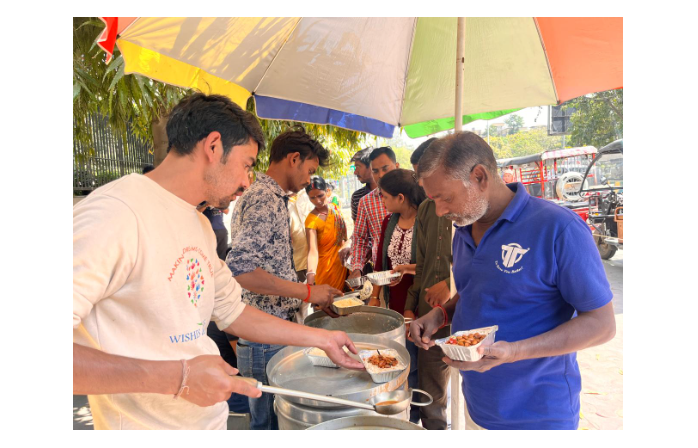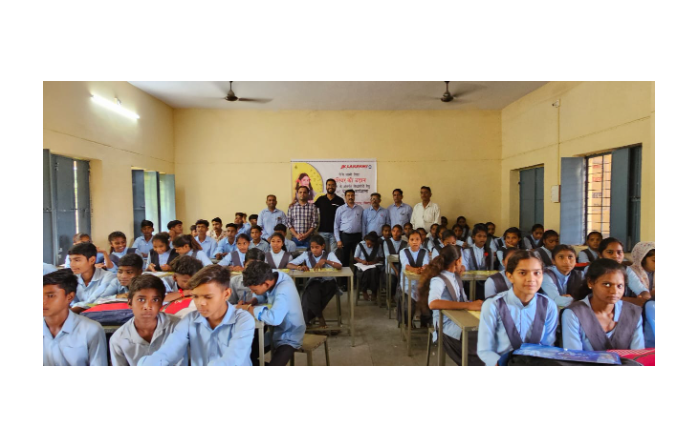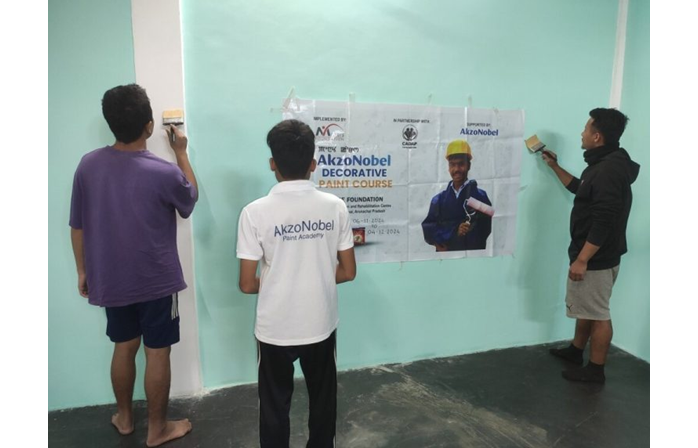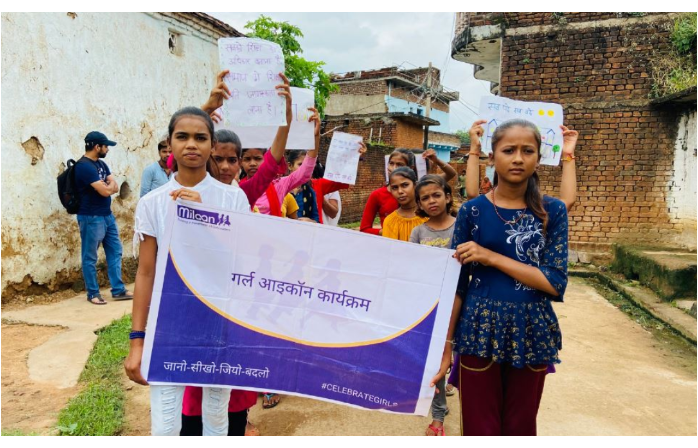Transforming Healthcare: How mDiabetes and Arogya World are revolutionizing diabetes management in India
By- Srabani Banerjee, Chief of Programs, Arogya World.
September 11, 2024
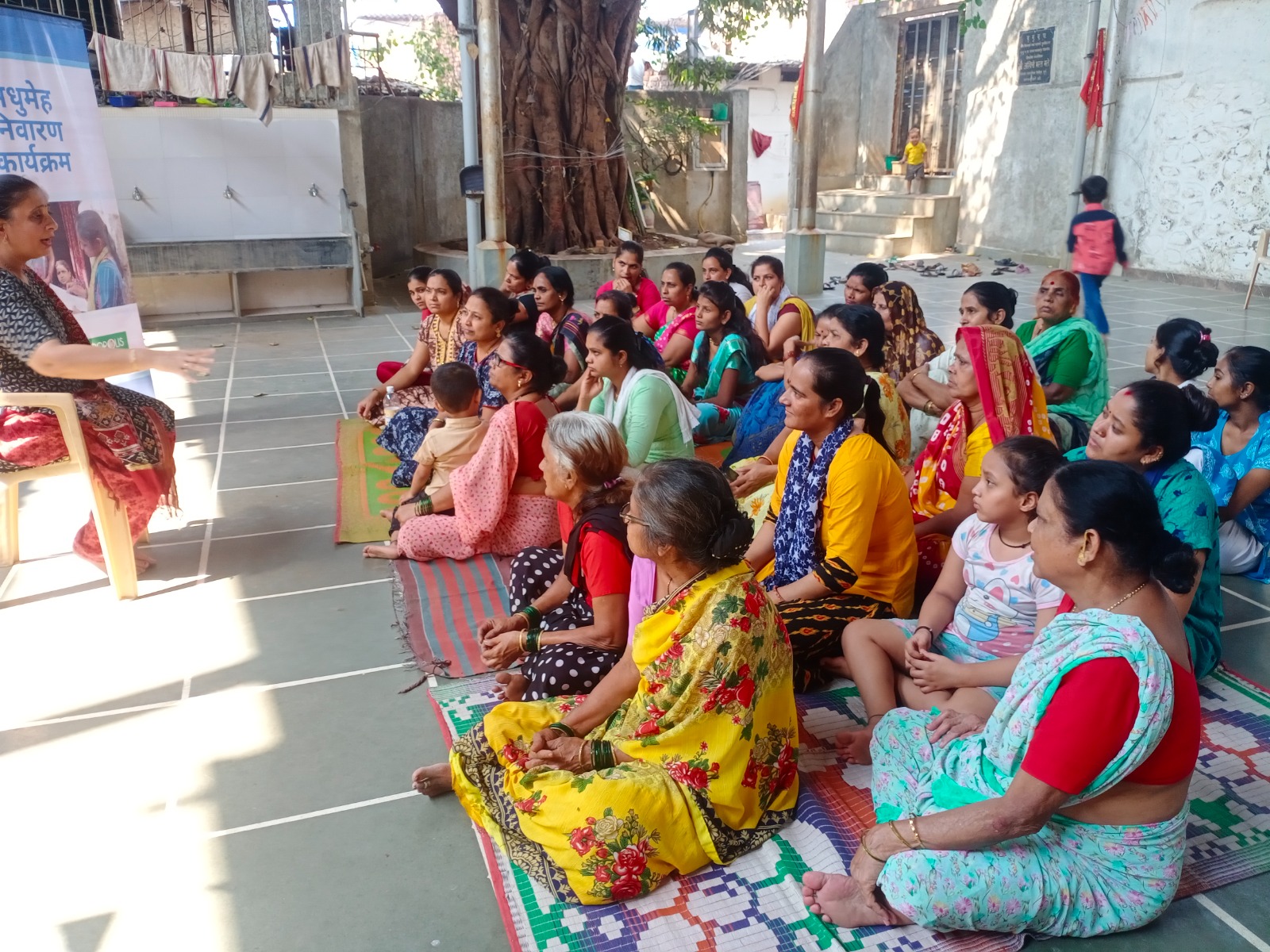
Arogya World
India faces a critical healthcare challenge with its rapidly growing diabetes epidemic. Currently affecting 100 million people, with 136 million being pre-diabetic, this alarming trend demands immediate and comprehensive action to mitigate the disease's impact and improve the well-being of millions. Addressing this issue should not be limited to treatment options but also should include preventive measures and getting people to adopt healthier habits and lifestyles. Diabetes is no longer a condition primarily affecting older generations. Alarmingly, it is now increasingly common in younger demographics, with a significant portion of new cases appearing in individuals aged 20 to 30.
India is often called the diabetes capital of the world, with about 1 in every 10 Indians currently living with diabetes. Additionally, a study published in The Lancet Global Health reveals alarming statistics which states that, more than 100 million people in India are diabetic. Additionally, when it comes to physical activity in India: over half (57%) of women and a significant portion (42%) of men lack sufficient physical activity, highlighting a major public health concern. This data shows that there is an urgent need to educate and inform individuals about the importance of adopting a healthier lifestyle consisting of a balanced diet and regular physical activity.
Arogya World’s mDiabetes program is aimed at educating people about preventive measures for diabetes, which is a major non-communicable disease, and empowering them to change behavior and adopt healthier lifestyle habits. Under this program, text messages or WhatsApp messages are used to educate millions in India on diabetes prevention through healthy living. Today, in India, huge numbers of people use mobile phones (about 1 billion cell phones are in use); therefore, text messages are an effective indeed powerful method of reaching out to a larger audience. The idea behind the mDiabetes program is to bring about behaviour change known to prevent diabetes. mDiabetes text messages are available in 12 languages: English, Hindi, Kannada, Tamil, Malayalam, Bengali, Marathi, Gujarati, Telugu, Punjabi, Assamese, and Oriya.
The Arogya World approach moves much beyond screening and treatment, as by following a balanced, nutrition-rich routine, an individual can significantly lower the possibility of developing diabetes. Those suffering from diabetes can better manage their condition through healthy living. Adopting lifestyle practices that lower the chance of developing Type 2 diabetes—a condition directly linked to nutrition, physical activity, and overall health—is an effective preventive measure.
Let’s understand how adopting a healthy lifestyle helps in managing diabetes:
Through the mDiabetes program, Arogya World has brought about a transformative shift in consumer awareness and behaviour towards diabetes and its complications. According to the study published with Northwestern University and other top researchers in the Journal of Medical and Internet Research, about 20 percent more people showed improved multiple health behaviours (i.e fruit and vegetable consumption increased, fried food decreased, and physical activity increased) as a result of receiving texts about diabetes prevention.
Behavioural change is important to prevent diabetes, and to better manage diabetes and prevent complications like heart disease, kidney disease, stroke etc. Additionally, it is important to make people understand how they, at an individual level, can manage this condition, by changing their lifestyles, with intent. Creating an environment with better and improved information about health and non-communicable disease prevention and control, can lead to a cultural shift towards health and wellness. Furthermore, according to the World Health Organisation, adopting healthy lifestyle choices like quitting smoking, eating a balanced diet, and getting more exercise each day can prevent 80% of heart disease and type diabetes cases, and 40% of cancers. Therefore, adopting these lifestyle changes can help the world tackle NCDs at an individual level without having to wholly rely on healthcare professionals and subsequent treatment options.
Source

Chief of Programs, Arogya World.
© Renalysis Consultants Pvt Ltd





